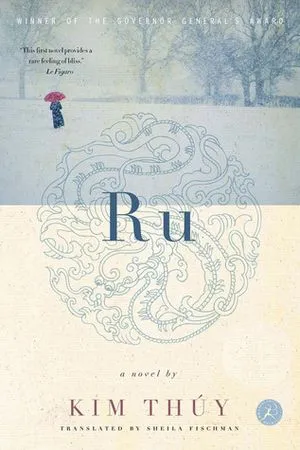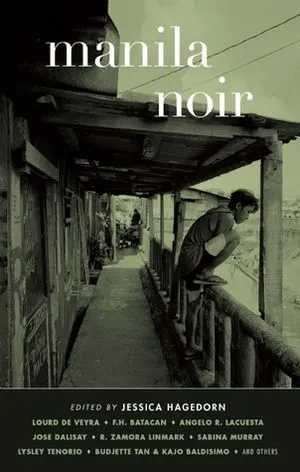
Southeast Asian Women’s Fiction: 5 Short Reads
Southeast Asian literature has not garnered as much attention as its neighboring counterparts. And yet, the worlds and characters crafted by Southeast Asian writers form a rich and subtly critical scene that begs to be discovered. Women writers, in particular, have much to do with enriching this region’s literary landscape. I have curated a list of 5 short Southeast Asian novels by women for a quick read. For those who wish to explore Southeast Asian women’s fiction, start here.
Smile as They Bow by Nu Nu Yi
It is the Taungbyon festival in Mandalay. Villagers rush to pay respect to the nats or the spirits of significant people who have died violent deaths. Amidst the desperate prayers, the food offerings, and the unruly crowds are Daisy Bond, a famous gay transvestite medium, and her young lover Min Min. They have been together for seven years despite Bond’s sharp tongue and hurtful antics. But then Min Min meets a beggar with a beautiful voice and falls madly in love. Daisy’s life takes a downward turn. What is she to do now that she is about to lose her love?
Nu Nu Yi’s Smile as They Bow was banned for almost a decade by the Burmese government. Its publication and translation to English is thus a victorious ode to the demarginalization of queer experiences. While this might be the shortest book in our list, it still is one of the most memorable.
(Burma/Myanmar, 146 pages)

Ru by Kim Thúy
Kim Thúy’s debut novel Ru takes the form of multiple short vignettes. We follow a 10-year old girl, Nguyen An Tinh, as she escapes 1970s Vietnam and the communist rule with her family. This may be a short book, but it is by no means a light read. Thúy intricately weaves words with profound meaning to create a postmodern novel that resonates with her own past.
(Vietnam, 152 pages)

Manila Noir Edited by Jessica Hagedorn
The anthology Manila Noir, edited by award-winning novelist Jessica Hagedorn, is a treasure trove. It is bloody, haunting, relevant and a seismic response to the absence of crime fiction in the Philippine literary scene. Gathering both seasoned and budding writers, the collection problematizes local issues such as social inequality, gender-based violence and drug abuse through the noir lens. Among our favorites is F.H. Batacan’s “Comforter of the Afflicted” featuring the iconic Jesuit priest/detective Father Augusto Saenz from Smaller and Smaller Circles, hailed as the first Filipino crime fiction.
(Philippines, 155 pages)

Apple and Knife by Intan Paramaditha
Intan Paramaditha is a household name in the universe of Indonesian gothic fiction. Her collection Apple and Knife rewrites fairytales and legends with a feminist bent. In “The Blind Woman Without a Toe” Paramaditha criticizes the good-woman trope and the promotion of female competition through the voice of Cinderella’s stepsister. In this desanitized version of a Disney classic, Cinderella is a two-faced gold digger who meets a not-so-happy ending. “The Queen,” a retelling of a local Indonesian legend, tells the story of a philanderer husband who meets his end as food for his wife’s pet scorpion. In “Scream in a Bottle,” a journalist who interviews a witch known for her abortion services begins to question her own prejudiced perspective on the female body and liberty.
(Indonesia, 192 pages)

The Blind Earthworm in the Labyrinth by Veeraporn Nitiprapha
Sisters Chareeya and Chalika find themselves stuck in a labyrinth of toxic relationships and symbolic hunger. Like blind earthworms, they are unable to escape the maze of their destinies. Their father dies after being separated from his mistress and their mother follows shortly because of depression. Thus begins a series of seemingly endless tragedies that would befall the sisters—tragedies from which they escape by devouring everything, from food to music, in order to nourish their inner emptiness. Pran, a childhood friend who is always there for the two, gets caught in this lonely whirlwind. Poignant and often melancholic, this book speaks to those lost ones who try to find in the unknown a semblance of meaning.
(Thailand, 206 pages)














